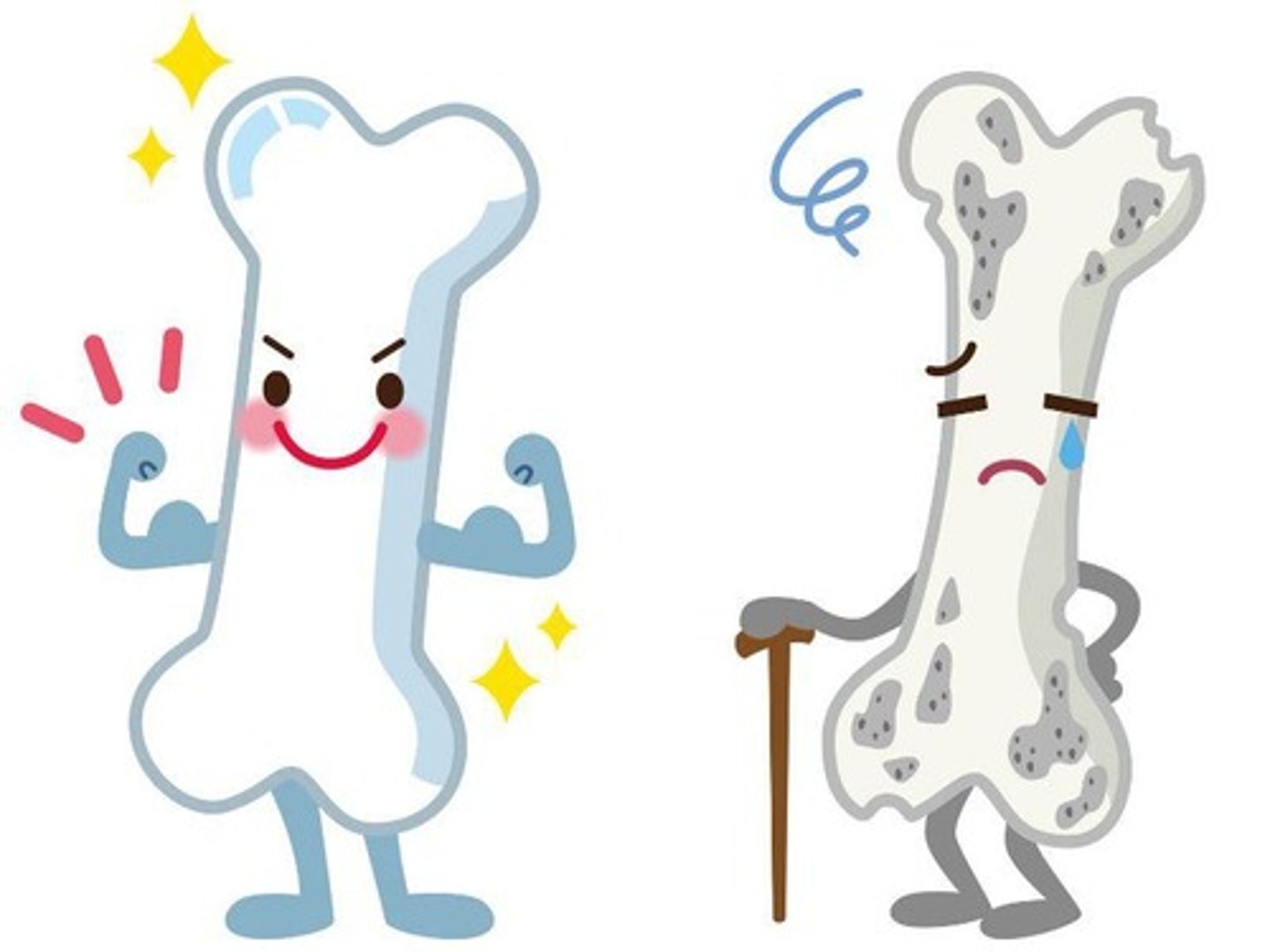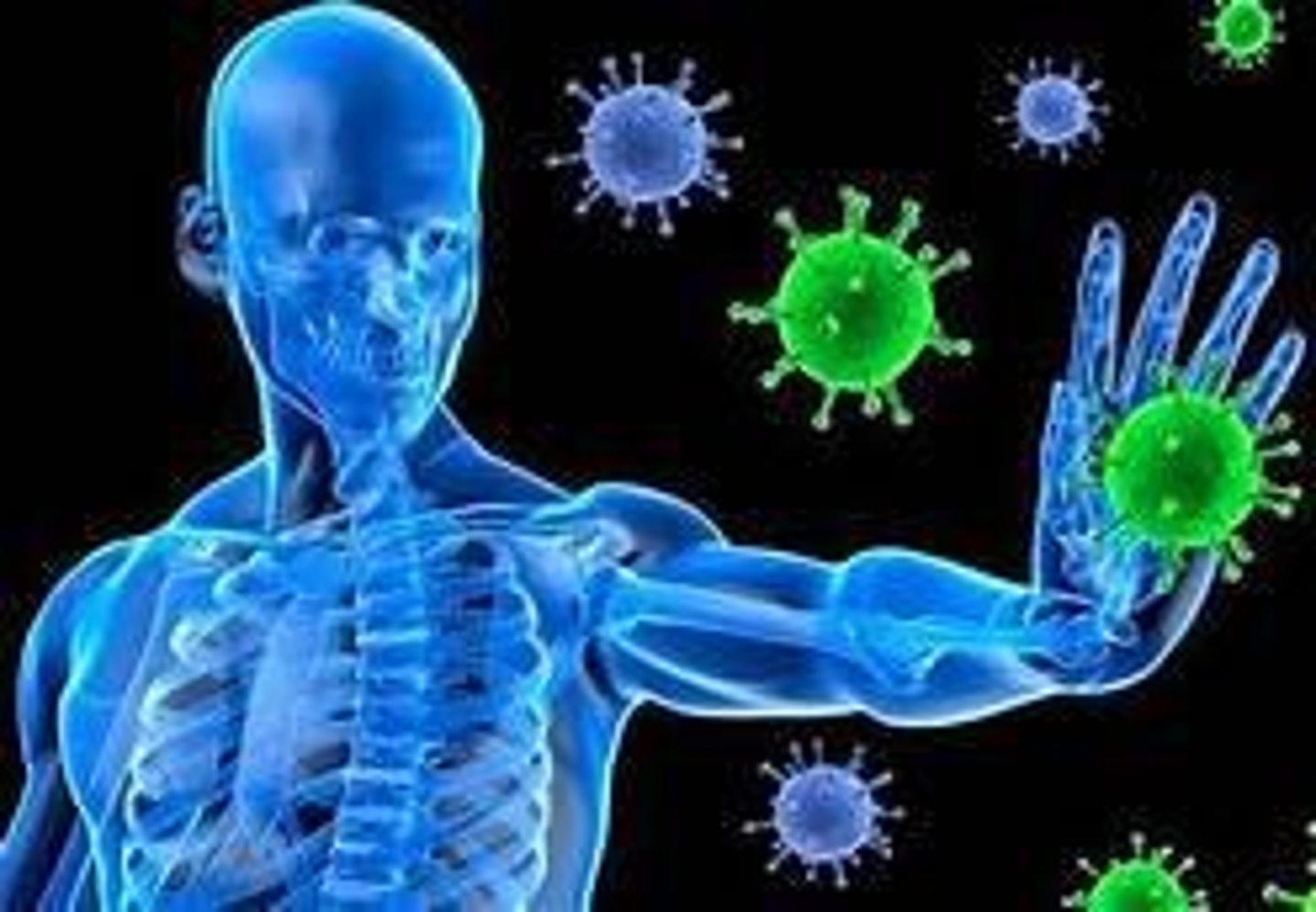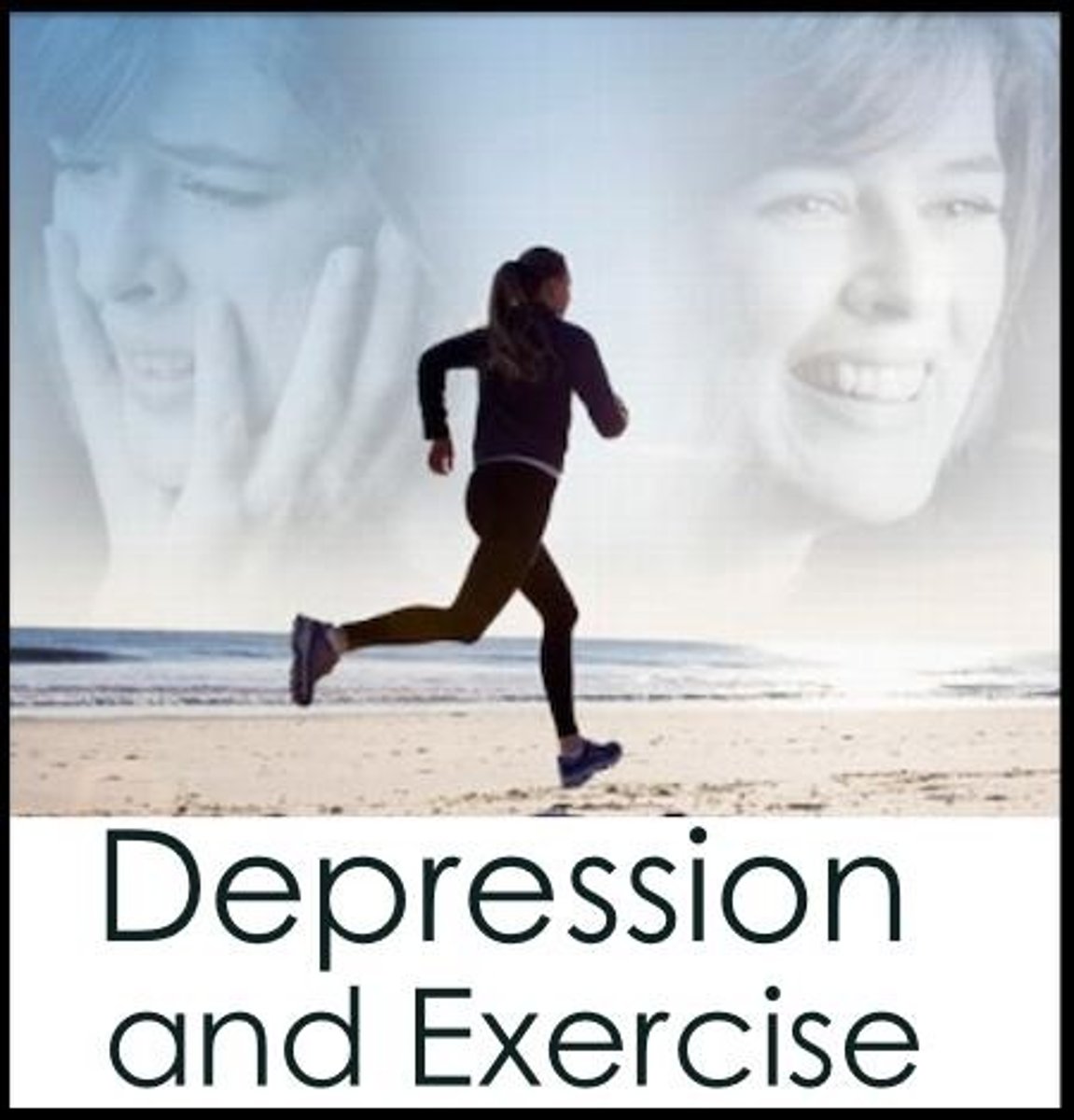Physical Fitness ppt
1/21
There's no tags or description
Looks like no tags are added yet.
Name | Mastery | Learn | Test | Matching | Spaced | Call with Kai |
|---|
No analytics yet
Send a link to your students to track their progress
22 Terms
What are some benefits of physical fitness?
Improving mood and overall mental health, reducing the risk for cardiovascular disease, strengthening bone and muscle, reducing the risk of some illnesses, and improving stability to reduce the risk of falling in older adults.
How does exercise impact chronic medical conditions?
Exercise has a preventative and therapeutic effect for conditions such as diabetes, chronic fatigue syndrome, arthritis, and cancer.
What is isotonic exercise?
A type of physical conditioning where the muscle shortens to produce muscle contraction and active movement.
What is isometric exercise?
A static or setting exercise in which muscles contract without moving the joint.
What is isokinetic exercise?
Resistive exercise that involves muscle contraction or tension against resistance.
What is aerobic exercise?
Exercise that brings a greater amount of oxygen into the body to perform the activity.
What is anaerobic exercise?
Exercise where muscles are unable to draw enough oxygen from the bloodstream.
What are the cognitive benefits of regular exercise?
Regular exercise is essential for maintaining optimal mental health and cognitive function.
How does exercise affect the musculoskeletal system?
It increases muscular hypertrophy and efficiency of muscle contraction, joint flexibility, stability, range of motion, and maintains bone density and strength.
What is osteoporosis and how can exercise help?
Osteoporosis is a demineralization of the bone caused by a lack of weight-bearing activity; exercise helps move calcium back into the bone, strengthening it.

What gastrointestinal benefits does exercise provide?
Improves appetite, increases gastrointestinal tract tone, enhances peristalsis, relieves constipation, and improves symptoms of irritable bowel syndrome.
How does exercise affect the endocrine system?
It elevates metabolic rate, increases body heat and caloric use, decreases serum triglycerides and cholesterol, and stabilizes blood sugar.
What was the finding of the Diabetes Prevention Program regarding weight loss?
A 5% decrease in body weight (10 lbs) reduced the risk of diabetes by 58%, with a 71% reduction in participants over 60.
What are the immune system benefits of exercise?
Improved lymph fluid circulation, destruction of pathogens, removal of foreign antigens, and decreased opportunity for infections.

How does exercise influence psychoneurologic health?
Exercise positively affects depression and chronic stress, improves sleep quality, but medication and therapy are still more effective.
What lifespan considerations are important in physical fitness?
Physical fitness considerations vary by age group and weather conditions.
What nursing interventions can help improve physical fitness?
Nursing interventions focus on helping patients improve and maintain optimum physical levels.
What is the role of weight-bearing activity in preventing osteoporosis?
Weight-bearing activity helps move calcium back into the bone, thereby strengthening it and preventing osteoporosis.
What is the impact of strict bedrest on osteoporosis?
Strict bedrest may worsen osteoporosis due to lack of weight-bearing activity.
How does regular exercise affect sleep?
Regular exercise improves the quality of sleep and can help alleviate chronic insomnia.
What are the effects of exercise on mental health?
Exercise can improve mood, reduce symptoms of depression, and enhance overall mental health.

What is the significance of muscle contraction types in exercise?
Different types of muscle contractions (isotonic, isometric, isokinetic) play distinct roles in physical conditioning and rehabilitation.